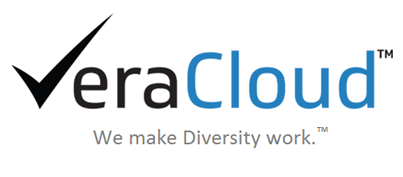Long-standing systemic health and social inequities have put many people from racial and ethnic minority groups at increased risk of getting sick and dying from COVID-19. The term “racial and ethnic minority groups” includes people of color with a wide variety of backgrounds and experiences. But some experiences are common to many people within these groups, and social determinants of health have historically prevented them from having fair opportunities for economic, physical, and emotional health. [1]
There is increasing evidence that some racial and ethnic minority groups are being disproportionately affected by COVID-19. [2], [3], [4], [5], [6] Inequities in the social determinants of health, such as poverty and healthcare access, affecting these groups are interrelated and influence a wide range of health and quality-of-life outcomes and risks.[1] To achieve health equity, barriers must be removed so that everyone has a fair opportunity to be as healthy as possible.
To achieve economic equity, barriers must be removed so that Diverse/minority-owned (MWBE, SVDOB, DBE) and/or Local businesses get access to economic on public projects. COVID has further exposed the need to adopt a community-forward intentionality to help save small, diverse businesses and combat the systemic inequity that has been laid bare by the economic fallout from the Pandemic.
Only with intentionality will public and private sector customers increase the number of contracts being awarded to Diverse businesses.

